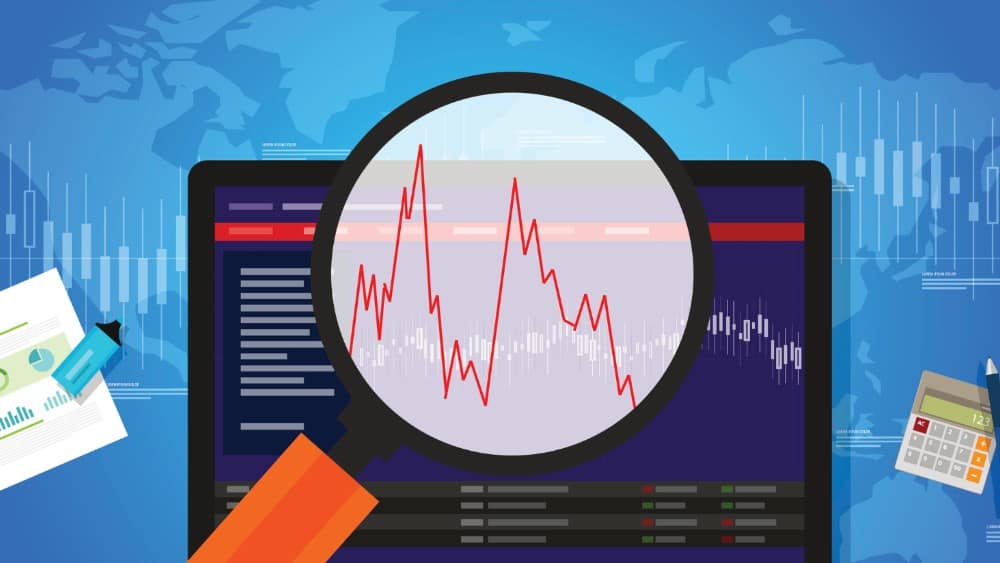After the TSX crashed 37% in March due to the pandemic, the index has rallied more than 40% since its March 23 low. Rising COVID-19 cases haven’t stopped the rebound. Hopes that a vaccine will be available soon and better-than-expected economic numbers have been driving the rally. But a market crash might be coming soon.
There’s a huge disconnect between the economy and the stock market
The disconnect between share prices and the economy has never been higher. But this disconnect could soon disappear. There will be a stock market crash as a result.
The International Monetary Fund (IMF) has warned that the current disconnect between financial markets and the real economy could lead to a correction in asset prices. A correction is defined as a drop of 10% or more in the price of an asset or index.
The IMF expects the recovery to be more gradual than expected. It now predicts a deeper recession in 2020 and a slower recovery in 2021. The GDP should contract by 4.9% in 2020, before increasing by 5.4% in 2021.
The IMF also warned that corporate debt had increased over several years and was currently at “historically high relative to GDP.” This, coupled with rising household debt, adds another layer of vulnerability to the financial sector.
The data is beginning to read about the shape of the recovery. It’s becoming obvious that it won’t be V-shaped. While Canada added almost one million jobs in June, but is still almost two million down from pre-COVID-19 level.
The country still has a long way to go before returning to a fully engaged workforce. The economy is going to need more help to rebound.
The release of a vaccine or treatment and additional fiscal and monetary stimulus could help the economy recover faster.
But in the meantime, the disconnect between share prices and the economy will likely result in a market crash. The rally will not last forever. A second wave of infections, further social unrest in the U.S., changes in monetary policy, and a resurgence of trade tensions could trigger a change in market sentiment.
How to prepare for a market crash
Diversifying your portfolio is probably the single most important step you can take to protect your investments from a severe market crash.
Depending on your age and risk tolerance, it may be reasonable for you to have most of your retirement savings in individual stocks, mutual funds, or exchange-traded funds (ETFs).
But you have to be prepared to move at least a good chunk of that money to something safer if you see signs of an impending market crash.
Spreading your wealth into several investments is the best way to make sure you have something left if the market goes down. Whenever there is real turbulence in the markets, most professional traders sell some stocks to move into cash or cash equivalents. You may want to do the same if you can do it before the market crash.
If you get out of the stock market quickly, you can come back when prices are much lower. Many quality stocks like Toronto-Dominion Bank are hammered down along with the market during a market crash. A fall in prices gives you the opportunity to buy those quality stocks at cheap prices.
When the trend reverses, you can profit from the appreciation even more. Remember that the key to making money in the stock market is to buy low and sell high.









